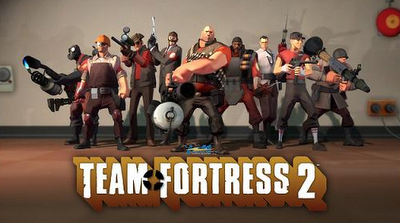|
|||||||||||
|
|
»  Andorra Andorra»  Antigua Antigua»  Aruba Aruba»  Australia Australia»  Austria Austria»  Barbados Barbados»  Belgium Belgium»  Belize Belize»  Canada Canada»  Cayman Islands Cayman Islands»  Cyprus Cyprus»  Dominica Dominica»  Egypt Egypt»  France France»  Germany Germany»  Greece Greece»  Grenada Grenada»  Haiti Haiti»  Honduras Honduras»  Hungary Hungary»  Ireland Ireland»  Italy Italy»  Jamaica Jamaica»  Liechtenstein Liechtenstein»  Luxembourg Luxembourg»  Malta Malta»  Mexico Mexico»  Monaco Monaco»  Netherlands Netherlands»  Puerto Rico Puerto Rico»  Romania Romania»  Slovakia Slovakia»  Slovenia Slovenia»  Spain Spain»  St Kitts St Kitts»  St Maarten St Maarten»  St Vincent St Vincent»  Switzerland Switzerland»  United Kingdom United Kingdom»  United States United States»  Vatican City Vatican City»  Venezuela Venezuela»  Virgin Islands Virgin Islands
|
|
||||||||||


